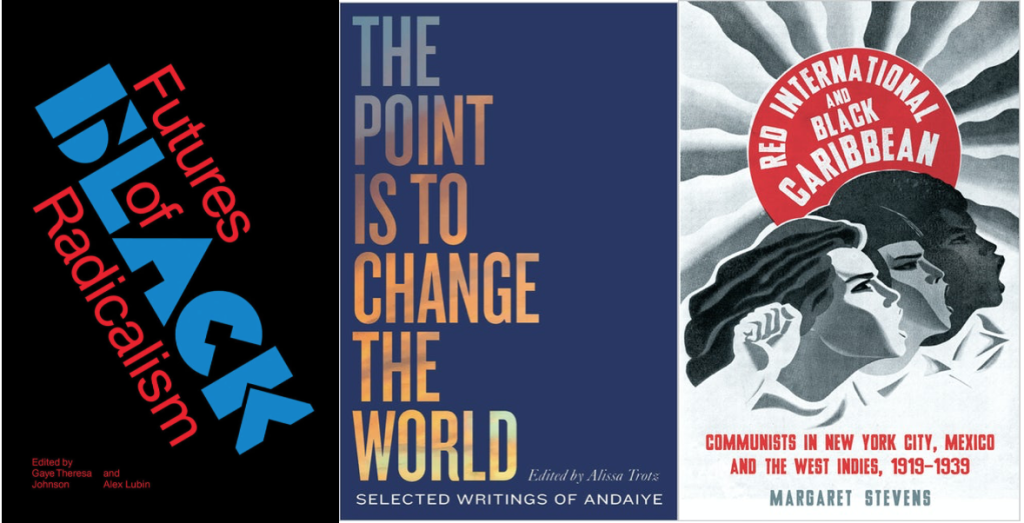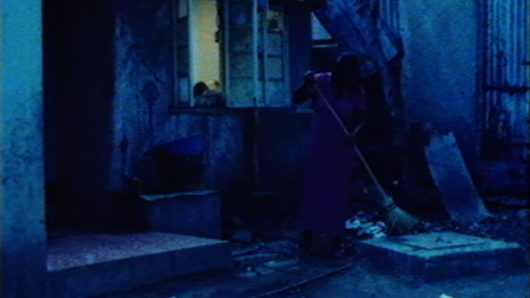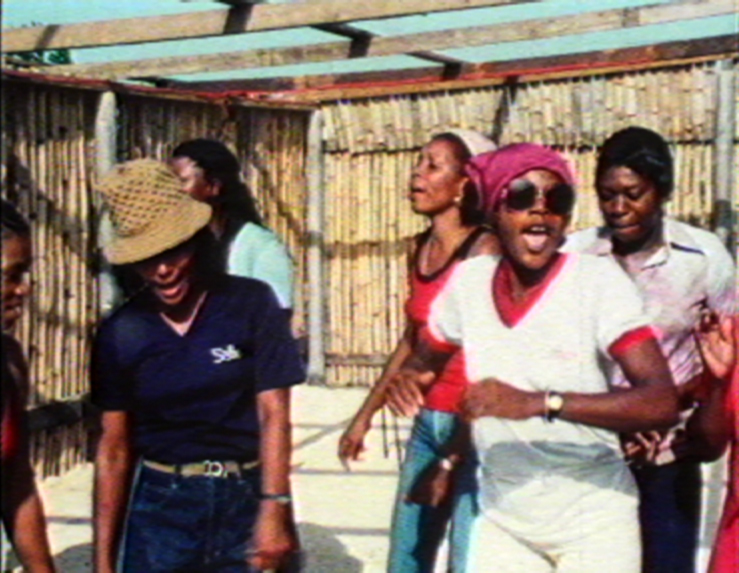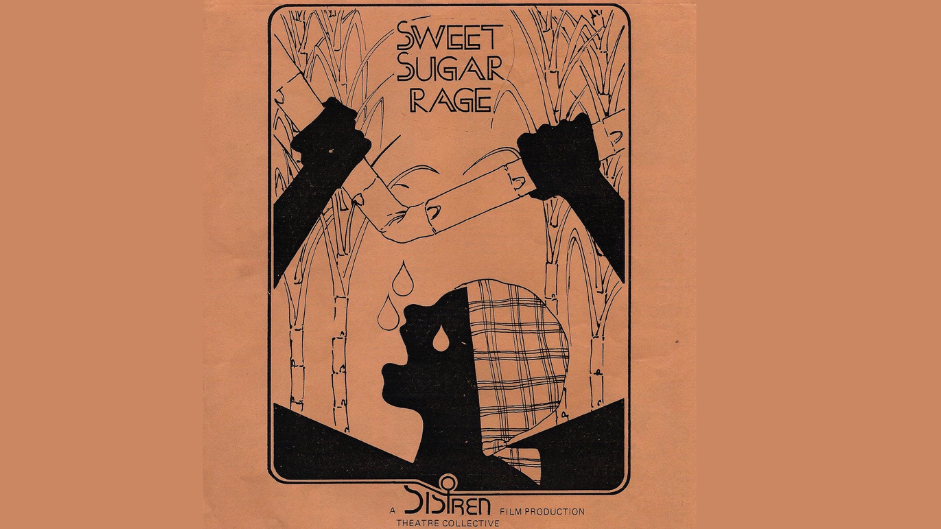By Grace Barber-Plentie
Sweet Sugar Rage is available to stream again for free Friday 10-Thursday 16 July 2020 via LUX, who screened it as part of their Picturing the Pandemic programme.

Thanks to LUX, Cinenova and Sistren for making the film available again for a week after this piece was published!
The film distributed in the UK by Cinenova: email them to enquire about a programming preview copy or to hire the film. It is distributed in the US by Third World Newsreel.
Red International and Black Caribbean and The Point is to Change the World are both currently 50% in all formats from Pluto Press. Futures of Black Radicalism is 40% off in ebook format from Verso while the paperback is reprinting. Pleasure Activism is currently $1.99 (80% off!) in ebook format from AK Press while the paperback is reprinting.
Something I’ve long battled with and has come to the forefront of my mind during lockdown is that idea of stupidity. Somewhere, at some point, I got the idea lodged in my head that I’m stupid, and it’s stuck.
To be more precise, this idea of stupidity that hangs over me like a dark cloud is rooted in one thing in particular – a lack of knowledge about history, a lack of worldliness. I stopped taking history at school at the age of 15 and never made much effort to engage with it beyond films and books that happened to cross my path. There is so much of the world that is unknown to me. This has been of particular concern given the resurgence of the Black Lives Matter movement and talk of radicalisation and police abolition – how can I talk the talk when I don’t really know what I’m saying?

I’ve always had a fleeting interest in communism – largely spurred by my passion for RuPaul’s Drag Race contestant and ‘bisexual Russian hooker’ Katya Zamolochikova – and how radical thinking and community can make change, so this all seemed like a good place to start with my ‘education’, ordering books that channel communism through a lens that I find interesting, blackness, such as Gaye Theresa Johnson and Alex Lubin’s Futures of Black Radicalism, Margaret Stevens’ Red International and Black Caribbean, and Andaiye’s The Point is to Change the World.
These books have so far remained untouched. (Aside from the times I’ve dipped in and out of Red International while I eat breakfast, taking it a day at a time.)
However instead I did the next best (or, I would argue, an equally valid) thing, and watched Sistren Theatre Collective’s Sweet Sugar Rage, which was streaming for free on LUX Archive as part of Picturing a Pandemic, instead. The film, just under an hour long, shows the theatre collective interacting with women in Jamaica working on sugar plantations for little wage, working long hours, and struggling to juggle their lives. The collective interview workers and invite them to participate in workshops. They workshop situations together about how the workers can ask for more pay, or less hours so that they can juggle childcare alongside their work.

It occurred to me while I was watching the film that maybe this was a way of teaching myself about radicalism and resistance – and that these things can be taught in a different way than through academia. Let’s be real, I’ve educated myself more on police abolition in the past few weeks through Instagram stories than any academic texts.
What Sweet Sugar Rage does so successfully is to show resistance as well as solidarity through art and problem-solving. The women in this film provide community – they listen to each others problems, but more than that, they offer viable solutions. And they workshop them again and again until they find the best possible way of fighting back. And theatre is seen as a valid method to solve these problems. Corny cliché alert, but it gives these women a chance to find their voice.
Perhaps the problem, then, is not that I’m stupid – it’s that the way that my brain operates, I sometimes need to see ways of thinking in action than written down. Nearly everything I know about Thatcherism is either from my Dad cussing her out, my Nan (eek) telling me about how she helped her to buy her house, or from Billy Elliot and This is England. I may not be the foremost expert on the subject, but the learning that I’ve done on it is valid because it comes from people’s lived experiences.

In the same way that I don’t mean to disrespect my own brain here, I also don’t want to disrespect academia – I’ve learnt countless amounts from bell hooks, Laura Mulvey, Stuart Hall, Audre Lorde and *ahem* Club Des Femmes’ own So Mayer over the years. But Sweet Sugar Rage, as well as adrienne maree brown’s Pleasure Activism (which I binge read whilst doing the self-explanatory ‘legs on the wall’ yoga pose and listening to Dua Lipa’s Future Nostalgia on repeat because even if I’m not stupid, my music taste is still trash) offered me an accessible view of the society that I’ve been craving recently. The academia I’ve been trying to read shows how we’ve got to where we are – Sweet Sugar Rage shows where we could be, if the rest of the world was more like Sistren Theatre Collective.
It doesn’t take a genius to realise that the future needs to be more like the space that Sistren Theatre Collective show us in Sweet Sugar Rage – you can trust me on that one.
